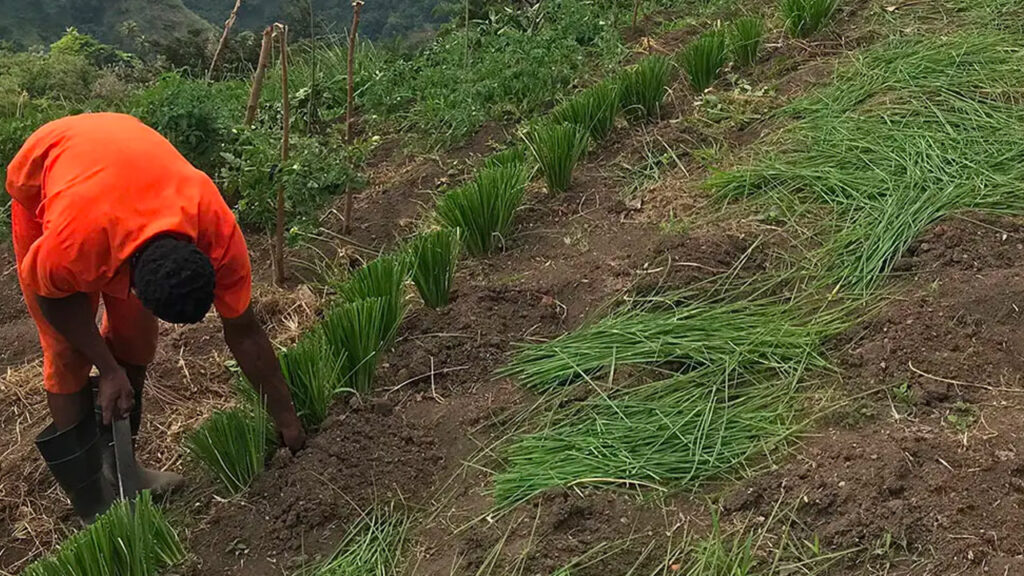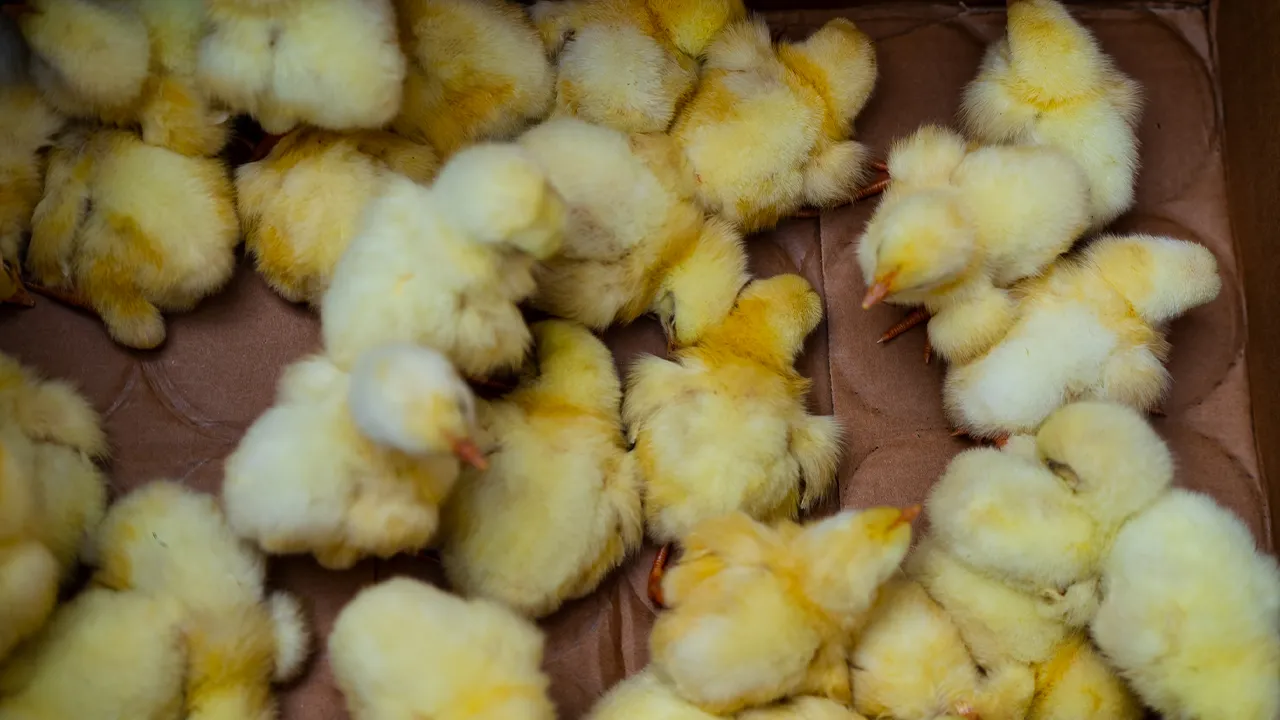As the dry season sets in farmers from North Leeward are monitoring the impact of vetiver grass on soil stability and ground water retention on their farms.
With training, technical assistance and supplies provided through Hand2Earth’s Farmland Restoration Project sponsored by the St. Vincent and the Grenadines Conservation Fund, the farmers have established vetiver hedgerows on their farmlands, at the same time restoring some historic vetiver plantings for the purpose of soil conservation, a release from the project manager states.
Within five months of planting vetiver hedgerows, project farmers have observed less soil erosion and look forward to increasing benefits as the plants become fully established.
“As we learn more about the uses and benefits of vetiver that is now scarce through people digging them up and lighting fires – we must protect the plants that have survived.
“Our three project nurseries have been established to supply plants to those who have an interest in planting vetiver so they do not dig up the old plants in the area” states Rose Bank farmer Sylvia Young.
Norman Harry who farms above Wharf Road, Troumaca has noticed that since planting vetiver on contour, his farm has retained moisture and greenery not typical for this time of year. After the first cutting back, farmers used vetiver leaves for mulch, thereby increasing organic matter to regenerate the soil while reducing the need for weeding, the release adds.
Veteran Belmont farmer, Gideon Lewis says that although he grew up around vetiver, he didn’t know about its many benefits. Through his training and practice of vetiver systems, he is encouraging other farmers in the area to plant it.
Project participant, Renrick John has planted vetiver strategically to address land slippage below his residence in Bottom Village, Troumaca. Within just two months he noticed effective performance of the plants in preventing topsoil run off and he is encouraging others to plant vetiver to address severe erosion that has occurred with residential development in his neighbourhood.
With seeds supplied by the project, farmers have reaped various crops harvested in the initial stages of vetiver installation such as watermelons, cabbage, cucumbers, tomatoes, okra and lettuce. As the vetiver systems establish over the next year and beyond, the farmers will be monitoring crop yields which are expected to increase due to the improved water retention and soil integrity that vetiver roots systems provide.
CEO of St Vincent and the Grenadines Conservation Fund, Vanburn Harry toured several sites and noted the enthusiasm of the participant farmers towards their training and practice of vetiver systems.
“This project has created a legacy that could remain in the North leeward area for generations to come; it’s an example to the rest of SVG and can expand out to other countries in the region. I am impressed with what has been done for farming practices and amazed to see the crop yield that’s possible using the vetiver system,” he is quoted as saying.
H2E’s Project designer, Vonnie Roudette states that “Having undergone training, and given assistance to implement the vetiver system…project farmers are now being assisted to share their expertise through community networks to positively impact soil regeneration, land conservation and food security.”
Thirty four farmers from Petit Bordel, Rose Bank, Belmont, Troumaca, Coull’s Hill and Belle Isle were trained in Vetiver Systems Technology under the project.




